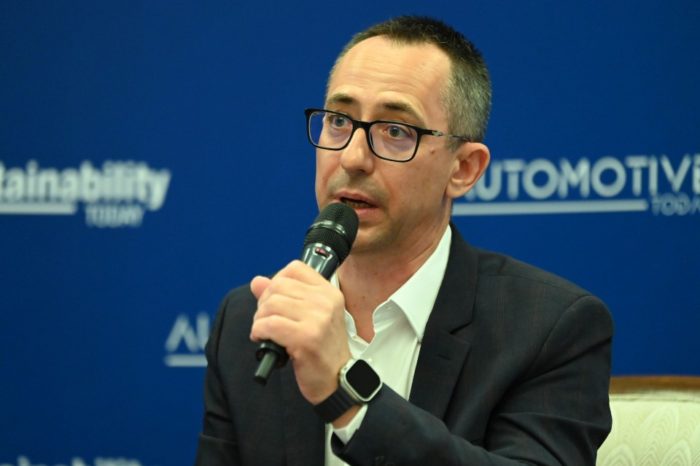Andrei Cionca, CEO Impetum Group: “It’s a great time to start from scratch in any industry”

“Romanian managers, culture and managerial experience make us pessimistic about the future. Even when we saw that the recovery is faster, we are still pessimistic, even if we see a recovery in a rather optimistic V. This K shaped recovery can be influenced by government policies, depending on the sectors that are supported. It’s a great time to start from scratch in any industry,” Andrei Cionca, CEO Impetum Group said during the “Post-pandemic recovery and the road to a new economy” debate.
“First of all, we are thinking about operational restructuring, and then about a financial restructuring of these state-owned companies. We still do not have a situation of state-owned companies that have restructured. We have a clear x-ray of how private managers have restructured. 20% of managers sent people into technical unemployment, 17% of managers who operated layoffs, 14% of them reduced salaries, 55% of companies went digital, 40% Romanian managers reduced salaries, and 20% of them they gave up office space as a measure of operational restructuring. In the next step of CONFIDEX we could conduct a similar study on state-owned companies, see what operational measures they have taken and see how they operate with the historical debts that have been created.
We chose 31 state-owned companies in difficulty (negative operating result in the last 3 years), they have a total loss of 31 billion lei / year, total debts of 11 billion and a turnover of 9 billion lei and 65,000 employees and their dependent families. Of all these, only 5 applied for financial restructuring measures available in Romanian legislation: 2 resorted to the provisions of OG6 to reduce debts to the state budget, 1 entered into a preventive arrangement and 2 took state aid for rescue or restructuring.
We have the successful example of ROMAERO, a company with state debts that no longer paid anything, and which through OG6 paid debts to the state budget of 77 million lei. From an over-indebted company, without operational activity, it was transformed into a bankable, functional company.”















